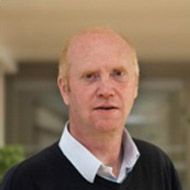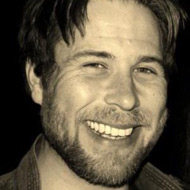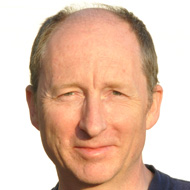Steve has been working in archaeology for almost 30 years. He started his professional career as a field archaeologist undertaking the excavation and recording of archaeological features on a Roman Villa site in south London, after which he took responsible for the negotiation of the archaeological projects with developers and advised a number of London Boroughs on archaeological matters.
Since 1997 he has been with Arup, firstly working on the Channel Tunnel Rail Link (HS1) - where he oversaw the publication of the results of the archaeological excavations - then a vast range of other projects throughout the UK, for an equally wide range of developments.
He enjoys the variety of his role, meaning that no two days are the same. On a technical level he undertakes a wide range of projects related activities that range from the production of documentation to checking and peer review, along with managing projects. The range of project types, locations and his interaction with a diversity of professionals - from environmental scientists to engineers - adds to the overall diversity of my role.
The East London Line Extension Project, where Steve was Technical Advisor to the Environment Manager, was a particularly rewarding project. It involved undertaking archaeological and built heritage activities at a series of locations along the route of the project in advance of construction, along with a watching brief during construction. All of this had to be carefully integrated with the construction programme and technical standards maintained to the satisfaction of the curators. This was followed by a programme of post fieldwork activities known as post excavation assessment and analysis. The end result of this phase was the production of technical papers for journals and two monographs, one of which dealt with the railway history of the route through the material evidence found and supported by documentary research. There was also the consolidation and production of the project archive for future researchers.
Membership of the IES and in particular achieving Chartered status was particularly important to Steve as a mark of professional standing.
"The broad membership of the IES which reflects the diverse and interrelated nature of the environmental professions was of particular importance, it being only too easy to become focused solely on your specific discipline without oversight of others, in my decision to become a member and achieve chartered status. This diversity is of particular importance to me as archaeological and cultural heritage matters in the development context often extend beyond the purely technical and interface with a range of other disciplines."
In the future Steve will also be looking to work closely with his colleagues in other environmental disciplines, as well as new contacts within the IES' membership, to explore ways in which heritage and other environmental issues can be considered together, to deliver wider benefits as a result of new development.




